
Board members determine the direction and work of WILPF US in multiple ways:
- Make policy decisions and take actions for program, membership building, and fund-raising
- Participate in WILPF US deliberations on procedures, budget, and other issues
- Help shape and develop WILPF at the national level
- Develop respectful working relationships and meaningful connections with sister board members
Nomination deadline — October 10, 11 pm local time
Application deadline — October 15, 10 pm local time
Board membership comes with many benefits:
- Leadership growth: Whether fairly new to leadership or having played a leadership role for many years, board members develop new skills and enjoy the stretch of spreading leadership wings.
- Personal growth: Enjoy increasing confidence. As your abilities grow, so do you!
- Mentorship and guidance: Board members are not alone! Former board members have agreed to advise new board members as desired.
- Enjoy working relationships with other intelligent, energetic, and talented women like yourself.
- Be a part of change! WILPF needs a full board as we navigate these historic times. Our unique outlook links militarization and war to corporate greed and patriarchy.
We also invite WILPF members to a wide range of participation at the national level! If you — or someone you’ve talked with, because you wanted to nominate them — are not ready to be a candidate this year for the national board, we welcome your involvement in other national-level committees. Support WILPF’s work in diverse areas while you learn more about the functioning of the national organization. For further details on other national committees and roles, please contact Darien De Lu, President — President@wilpfus.org — or any other board member!
Do you know of someone who could be a valuable board member and gain leadership experience and other benefits? You can nominate a qualified candidate, helping them to realize that they could fill such a leadership role! Submit the nomination form by the deadline: Sunday, October 10, 2021.
Choose among the 2021 open board positions and board terms, ranging from one to three years:
- President (or Co-Presidents): (new three-year term starts in 2022)
- Secretary: currently vacant (2021–2023)
- Development Committee Chair (or Co-Chairs): currently vacant (new three-year term starts in 2022)
- Nominating Committee Chair: currently vacant (new three-year term starts in 2022)
- Program Committee Chair: currently vacant (2021–2023)
- Program Committee Chair: currently vacant (2020–2022)
- At-Large: (new three-year term starts in 2022)
See the descriptions and responsibilities of the board positions.
Download the application to run for the Board here.
For more information, see our elections webpage and/or contact the Nominating Committee at nominatingcommittee@wilpfus.org. Or call Laura Dewey, Interim Chair of the Nominating Committee at 313-882-1596 (EDT).
Nomination Deadline: October 10, 11 pm local time
Application Deadline: October 15, 10 pm local time


 Now is the time to apply for or nominate someone else for an opening in the 2022 WILPF US board! See the
Now is the time to apply for or nominate someone else for an opening in the 2022 WILPF US board! See the 
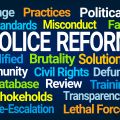
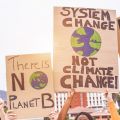



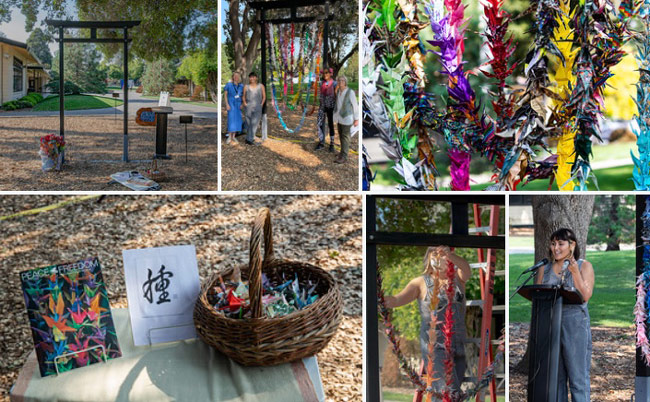

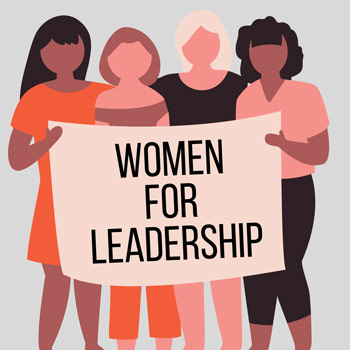 The Guardian reported last year that
The Guardian reported last year that 
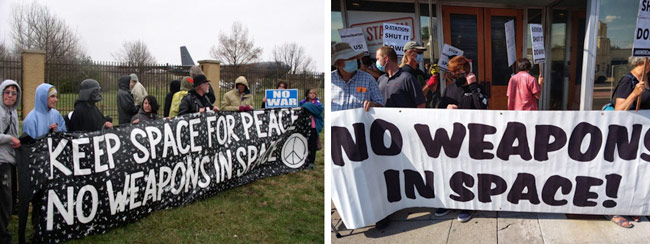

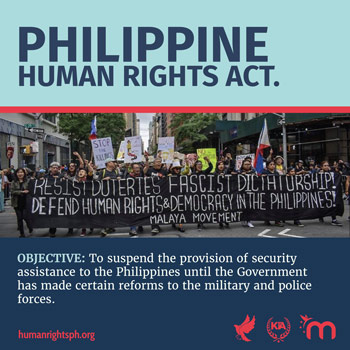 H.R. 3884, imposes limitations on providing assistance to the police or military of the Philippines. No federal funds may be used to provide such assistance until the Philippines government has taken certain actions, including (1) investigating and successfully prosecuting members of its military and police forces who have violated human rights, (2) withdrawing the military from domestic policing activities, and (3) establishing that it effectively protects the rights of journalists and civil society activists. The President shall also direct U.S. representatives at multilateral development banks to vote against providing loans” (Congress.com).
H.R. 3884, imposes limitations on providing assistance to the police or military of the Philippines. No federal funds may be used to provide such assistance until the Philippines government has taken certain actions, including (1) investigating and successfully prosecuting members of its military and police forces who have violated human rights, (2) withdrawing the military from domestic policing activities, and (3) establishing that it effectively protects the rights of journalists and civil society activists. The President shall also direct U.S. representatives at multilateral development banks to vote against providing loans” (Congress.com).

